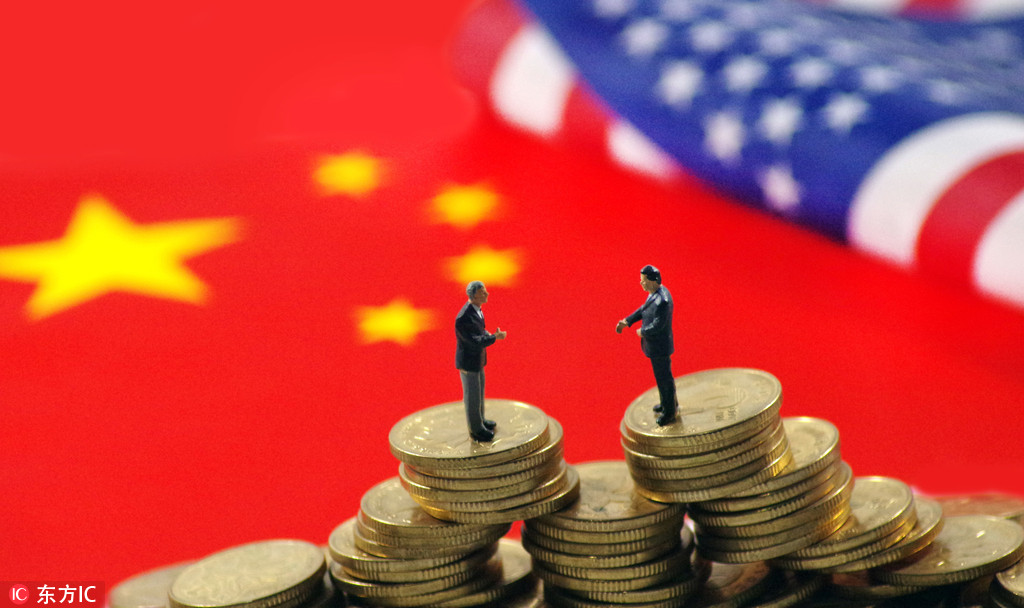
Only cooperation will pave the way to prosperity for China, the United States and the global economy, experts said after the US announced a plan to exempt tariffs on some Chinese imports meeting certain criteria.
Sang Baichuan, director of the Institute of International Business at the University of International Business and Economics, said China and the US have complementary economic and trade relations, and a lot of companies from both countries have fostered partnerships.
"Cooperation, instead of confrontation, can help the world's two largest economies to get their economic ties back on track," Sang said. "It's hoped that both countries can make enhanced efforts to address the yearlong trade disputes. "
The comments came as the Office of the United States Trade Representative decided to start a process by which US stakeholders may request the exclusion of certain Chinese products from additional tariffs starting on Oct 31, according to the Ministry of Commerce.
According to the ministry's brief statement on Tuesday, the process will be applied to the US tariff list targeting $300 billion worth of products imported from China. If the exclusion request is approved, tariffs imposed since Sept 1 can be returned, it said.
Shan Weijian, group chairman and CEO of PAG, a Hong Kongbased private equity firm, said it is in the best interests of both countries to move away from zero-sum thinking and put an end to the ad hoc decoupling that the trade war has threatened.
The best path forward is not to close but to tear down existing barriers and further open up trade, Shan said in an article.
"Ultimately, a mix of cooperation and competition within a rules-based system will lead to the greatest prosperity for both countries and for the world economy, as all trading nations have learned throughout history," he said.
There have been encouraging signs that China and the US are managing to narrow their differences and end the trade row. It was reported that both negotiating teams outlined the preliminary agreement in the latest high-level trade consultations in Washington.
The US side delayed the tariff hikes originally scheduled for Oct 15. The Ministry of Commerce said China plans to increase the purchase of US agricultural products based on the outlined phase-one deal.
Ren Zeping, chief economist and director of the Evergrande Think Tank, said a partial deal, if signed, doesn't mean the trade dispute has been fully settled. More efforts will be needed to solve the potential challenges, he said in a recent research note.





